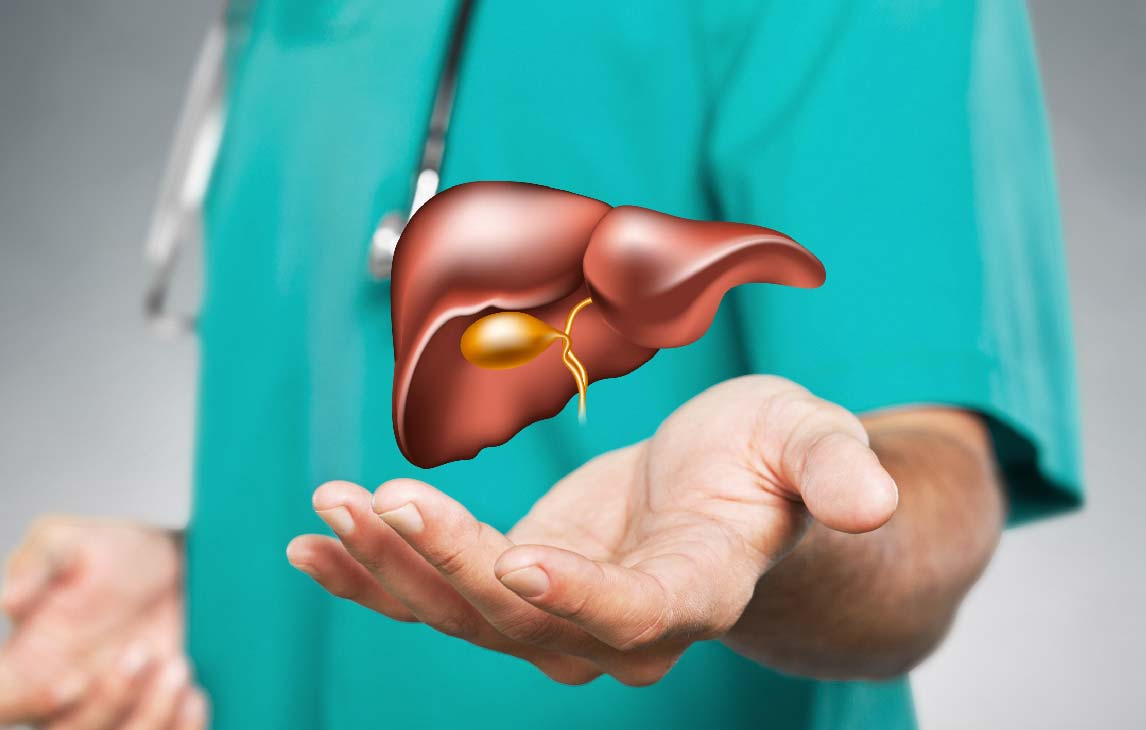
Silent but Deadly: Unveiling the Stealthy Symptoms of Gallbladder Cancer
Gallbladder cancer, though relatively rare, is alarmingly prevalent in certain regions, including Northern India. The stealthy nature of this disease makes early detection challenging, often leading to poor prognosis.
Gallbladder cancer constitutes about 1.2% of all cancer cases in the world, with a notably higher incidence among women. Early symptoms are often vague and easily mistaken for less severe conditions, which can delay diagnosis and treatment. Understanding these subtle signs is crucial for early intervention and improving survival rates.
This article includes a list of silent symptoms that need to be monitored and checked regularly to ensure your health and seek early remedies:
Abdominal Pain
Abdominal pain, especially in the upper right quadrant, is one of the most common symptoms of gallbladder cancer. However, it is often dismissed as a sign of gallstones or gastrointestinal issues. Over 81% of gallbladder cancer patients report experiencing abdominal pain. Persistent or worsening pain should prompt further medical evaluation.
Jaundice
Jaundice, characterized by yellowing of the skin and eyes, occurs when a tumor blocks the bile ducts. In a country like India, where liver diseases are prevalent, jaundice can be easily attributed to hepatitis or other liver conditions. However, it is a significant indicator of gallbladder cancer. It was reported that jaundice is present in about 50% of gallbladder cancer cases at diagnosis.
Nausea and Vomiting
Nausea and vomiting are non-specific symptoms that can result from various health issues, including gallbladder cancer. These symptoms are often overlooked or treated symptomatically without investigating the underlying cause. Around 40% of patients with gallbladder cancer experience chronic nausea and vomiting, highlighting the need for a thorough diagnostic workup in persistent cases.
Unintended Weight Loss
Unintended weight loss is a red flag for many types of cancer, including gallbladder cancer. This symptom can result from a loss of appetite, metabolic changes, or the body's increased energy expenditure fighting the disease. Approximately 60% of gallbladder cancer patients report significant weight loss prior to diagnosis.
Fever
Intermittent fever without an obvious infection source can be an early symptom of gallbladder cancer. This symptom is often attributed to infections or inflammatory conditions, leading to misdiagnosis. A high amount of gallbladder cancer patients experience fever as an early symptom, as reported by Clinical Cancer Research.
Generalized Weakness
Generalized weakness and fatigue are common symptoms of cancer but are often dismissed as signs of aging or stress. In gallbladder cancer, these symptoms can result from anemia, chronic inflammation, or the body's response to the tumour. A huge number of gallbladder cancer patients report unexplained fatigue and weakness.
Changes in Stool and Urine Colour
Changes in stool and urine colour can signal gallbladder cancer. Pale or clay-colored stools and dark urine can occur when bile flow is obstructed by a tumour. While these changes can be attributed to other biliary conditions, they warrant further investigation.
Right Shoulder Pain
Referred pain to the right shoulder is a lesser-known symptom of gallbladder cancer, caused by irritation of the phrenic nerve. This pain is often misdiagnosed as musculoskeletal or cervical spine issues. About 20% of gallbladder cancer patients report right shoulder pain as an initial symptom.
Bloating
Chronic bloating and a feeling of fullness can be early signs of gallbladder cancer. This symptom is often mistaken for dietary issues or benign gastrointestinal conditions. A study reported that around 30% of gallbladder cancer patients experience persistent bloating.
Ascites
Ascites, or the accumulation of fluid in the abdomen, can be a symptom of advanced gallbladder cancer. This condition is often associated with liver disease but can also result from cancer spreading to the abdominal lining. Data indicates that ascites is present in about 50% of patients with advanced gallbladder cancer.
When To See The Doctor?
See a doctor immediately if you experience symptoms of pancreatic cancer, such as unexplained weight loss, jaundice (yellowing of the skin and eyes), persistent upper abdominal pain that may radiate to the back, loss of appetite, or new-onset diabetes.
Seek medical advice if you have a family history of pancreatic cancer or genetic predispositions, such as BRCA mutations. Early detection is crucial, as pancreatic cancer often shows symptoms in advanced stages. Prompt medical attention can lead to earlier diagnosis and better management of the disease. Regular check-ups are also advised if you have risk factors.
Identify Subtle Symptoms for Improved Survival Rates
Recognizing the subtle and often overlooked symptoms of gallbladder cancer is vital for early detection and improving survival rates. Given the high prevalence of this disease in India, particularly among women, increased awareness and timely medical intervention can make a significant difference.
If you or a loved one experiences any of these symptoms persistently, it is crucial to seek medical advice promptly. For expert consultation and cutting-edge treatment options, consider reaching out to Dr. Santosh Anand, a leading oncologist specializing in gallbladder cancer.

